Defining Personalized Learning for Your District Infographic
Everyone talks about personalized learning, but there’s no cookie-cutter approach to personalization. It’s custom-crafted by teachers and schools based on a deep understanding of their students, communities, and goals. As you work to build true personalization in your district, make sure you have a shared understanding of your goals.
What does “personalization” mean?
Differentiated? Individualized? Adaptive? Many terms are associated with personalization, and they’re sometimes used interchangeably. But it’s more effective to think in terms of coherent building blocks of personalization, where each builds on what has come before. Once you understand these building blocks, you can more easily determine how to offer students flexibility across dimensions of time, path, pace, and place.
Reframe your district’s conversation with these forward-thinking approaches. True personalized learning occurs in four dimensions.
TIME
Students engage in active learning anytime: not just during the school day and school year This can include:
- Flexible course calendars where students begin and move forward when ready, without playing catchup or waiting for others
- Summer learning to maintain and build momentum
- Asynchronous and just-in-time learning options via smartphones and other devices •
- Integration of learning opportunities outside the school, such as internships and community service
PATH
Learning paths change dynamically based on new information about what each student has mastered, and where individuals need help This can include:
- Adaptive content that responds to a student’s answers with unique hints, feedback, and resources, including clarifications to help them overcome misunderstandings
- Adaptive assessments that change and respond based on students’ answers to preceding questions
- Adaptive sequences that change what a student sees next, based on continuous collection and analysis of their earlier work
PACE
Students learn at their own pace, spending the time needed to master what they need to know This can include:
- Flexible progressions based on achievement of explicit, measurable objectives
- Integrated assessments to quickly recognize when a student has gained key knowledge or skills
- Timely intervention when real-time assessments show a student needs more help
PLACE
Learning anywhere via the Internet within online learning communities, using smartphones or other devices This can include:
- Online course content and tools that allow students to do coursework wherever they want
- Online learning communities that use proven practices and tools to promote responsiveness, relevance, respect, empowerment, and active, rich online discussions
- Ongoing collaboration through projects and other forms of learning
Take the lead
Online and blended learning is the personalized solution you’ve been looking for. Be bold and partner with Pearson to map out forward-thinking strategies that will reimagine the classroom and empower your educators to provide dynamic, engaging learning for every student.

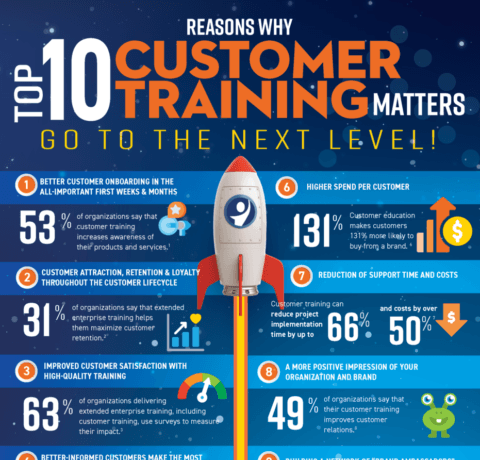
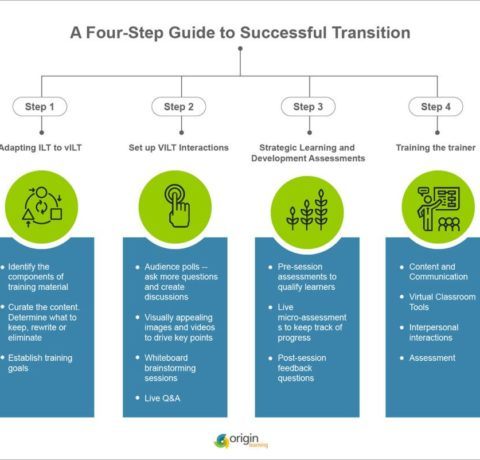
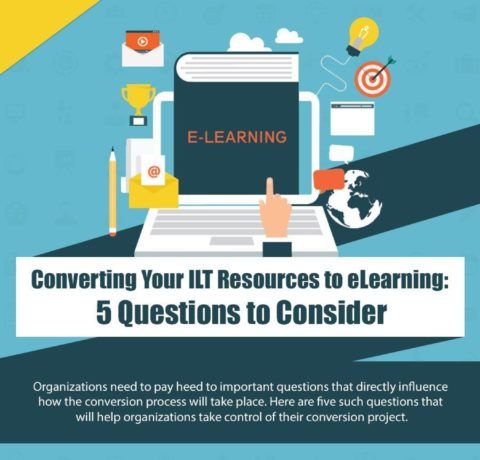

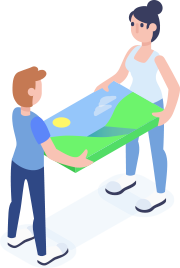
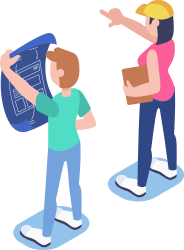
You can adjust your cookie preferences here.